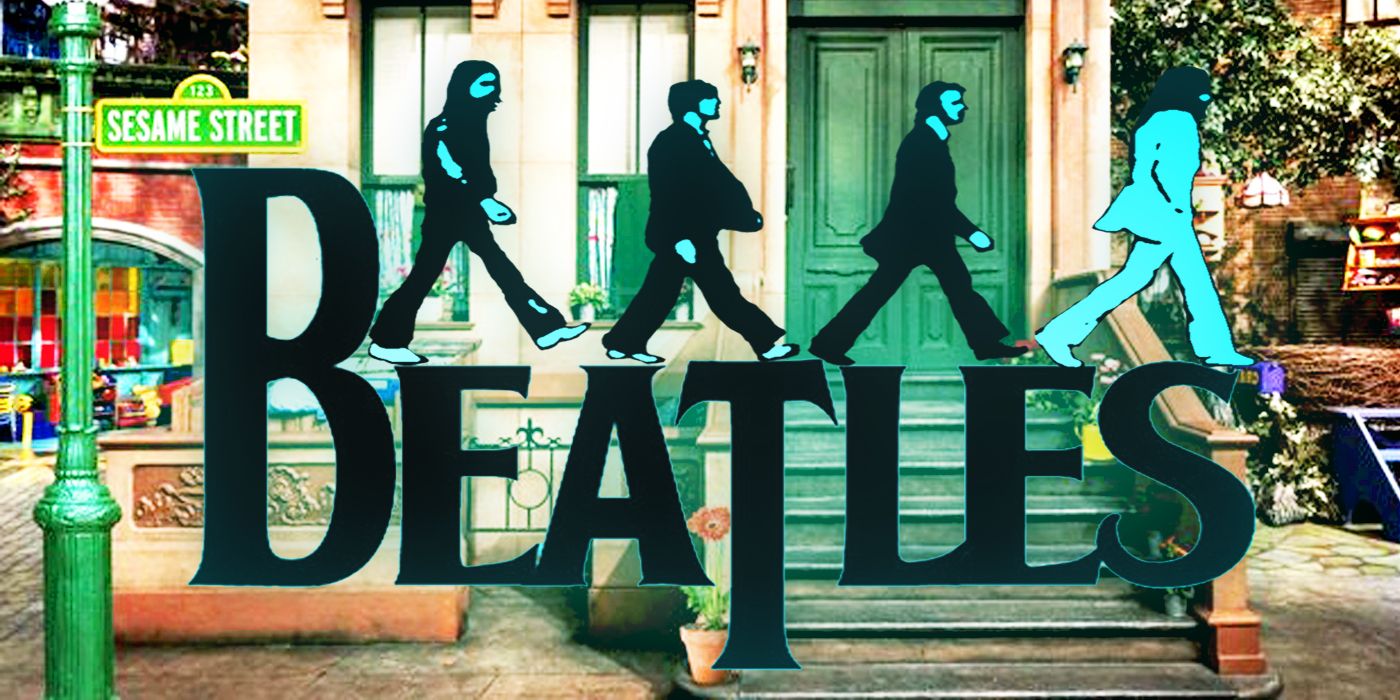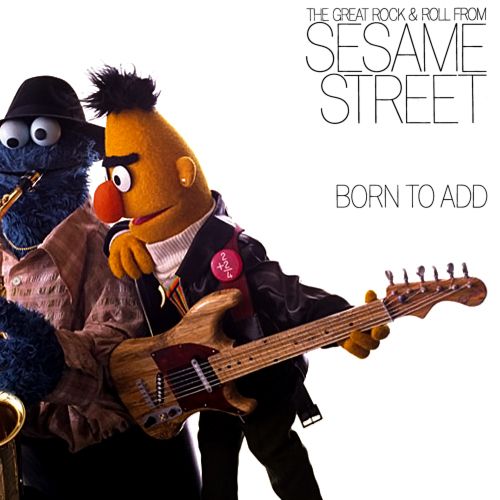TV URBAN LEGEND: The Beatles sued Sesame Street over a parody of "Let It Be" called "Letter B."
It has been nearly thirty years since the Supreme Court made their ruling in 1994's Campbell v. Acuff-Rose Music, Inc., where Luther Campbell of the rap group, 2 Live Crew, was sued by the owners of the rights to Roy Orbison's "Oh, Pretty Woman" after Campbell initially requested a license to do a parody of the song and when they turned him down, 2 Live Crew release their parody rap song, "Pretty Woman," anyways and it was a big hit. The case came down to the determination of whether the parody was "fair use" or not. The section of the Copyright Act that deals with fair use states:
Notwithstanding the provisions of sections 106 and 106A, the fair use of a copyrighted work, including such use by reproduction in copies or phonorecords or by any other means specified by that section, for purposes such as criticism, comment, news reporting, teaching (including multiple copies for classroom use), scholarship, or research, is not an infringement of copyright. In determining whether the use made of a work in any particular case is a fair use the factors to be considered shall include—
(1) the purpose and character of the use, including whether such use is of a commercial nature or is for nonprofit educational purposes;
(2) the nature of the copyrighted work;
(3) the amount and substantiality of the portion used in relation to the copyrighted work as a whole; and
(4) the effect of the use upon the potential market for or value of the copyrighted work.
The Supreme Court ultimately determined that commercial parodies COULD be considered fair use, even if they do use the so-called "heart" of the original song (in this instance, the chorus as well as the famous bass riff that opens the song), so long as the rest of the parody substantially alters the original song, arguing that parodies inherently HAVE to sound like the original for the parody to have any force. The fascinating thing, though, is that the Court expressly explained that it was NOT saying that ALL parodies are considered fair use, but rather that it should be determined on a case by case basis, but this was still huge, as up until this case, recorded parodies were an extremely grey area (this is why Weird Al Yankovic has always made sure to acquire permission from each of the artists that he parodies BEFORE he parodies them and if they say no, he doesn't do the parody. He believes that he HAS the legal right to the parodies even with out their permission, but he just doesn't want to risk a lawsuit).
The Supreme Court had previously ruled that written parodies of songs were protected as fair use, but recorded parodies were typically judged by whether they included the "heart" of the original song. Campbell v. Acuff-Rose Music, Inc. changed that. That, though, was over a decade after Sesame Street found itself also being sued for a song parody!
In 1979, Sesame Street aired a parody of The Beatles' hit song, "Let It Be," as a song by The Beetles called "Letter B," with lyrics and music by Christopher Cerf (a longtime Sesame Street employee who did more than 300 songs for the show, mostly parodies of contemporary songs). The lead vocals for the song was by Richard Hunt (the voice of Scooter, Beaker, Janice, Statler and Sweetums on The Muppet Show).
The song continued to air on occasion and in 1983, it appeared on the Sesame Street parody song album, Born to Add...
That same year, Northern Songs, the owner of the Beatles' publishing rights, sued The Children's Television Workshop (CTW), the makers of Sesame Street, for $5.5 million over the song.
It is important to note, though, that the Beatles, by 1983, did not actually OWN Northern Songs. The company had been formed in 1963 by John Lennon, Paul McCartney, Brian Epstein and music publisher Dick James, with Lennon and McCartney owning 20% of the company each, Epstein owning 10% and James 50% (it was so early in their careers that Lennon and McCartney never questioned whether it was a good deal). In 1965, the company went public, by which point Lennon and McCartney owned about 8% each and James owned about 37%. In 1969, James abruptly sold his shares (and thus control of the company) to Lew Grade's Associated Television (ATV). Lennon and McCartney tried to buy out ATV for the rest of the year but when it became clear that they were not going to succeed, each man just sold their shares. In 1982, Robert Holmes à Court (Australia's first billionaire) purchased Associated Communications Corporation (ACC), the parent company of ATV.
So it was Holmes à Court who sued The Children's Television Workshop. Luckily for the CTW, Holmes à Court purchased ACC with the intent to flip ATV Music and in 1985, he sold the company to Michael Jackson (who amusingly had been turned on to the idea of buying the publishing rights to songs by none other than Paul McCartney). Jackson had no interest in continuing the lawsuit, so he was willing to settle for just a $50 fine and rather than continue the litigation any further, CTW agreed to settle. Cerf himself paid the fine out of his own pocket, later noting that he figured if he wrote a check to Michael Jackson for $50, Jackson would have to sign it to endorse it and then he would have Michael Jackson's autograph, which would be worth the $50 (Jackson, though, used a stamp instead).
The legend is...
STATUS: Technically False (because the Beatles didn't actually sue them. Cerf later noted that McCartney actually told him once that he rather enjoyed the song), but the Lawsuit itself is True
EDTIED TO ADD: Sesame Street's position here regarding parody law makes its Amicus brief filed in support of Dr. Seuss Enterprises' lawsuit against ComicMix over a Star Trek/Dr. Seuss parody book all the more galling, since the same parody laws that you would think would protect Sesame Street should have protected ComicMix. .
Thanks to Tony Sokol's informative article on the lawsuit at Den of Geek.
Be sure to check out my archive of TV Legends Revealed for more urban legends about the world of TV.
Feel free (heck, I implore you!) to write in with your suggestions for future installments! My e-mail address is bcronin@legendsrevealed.com.


